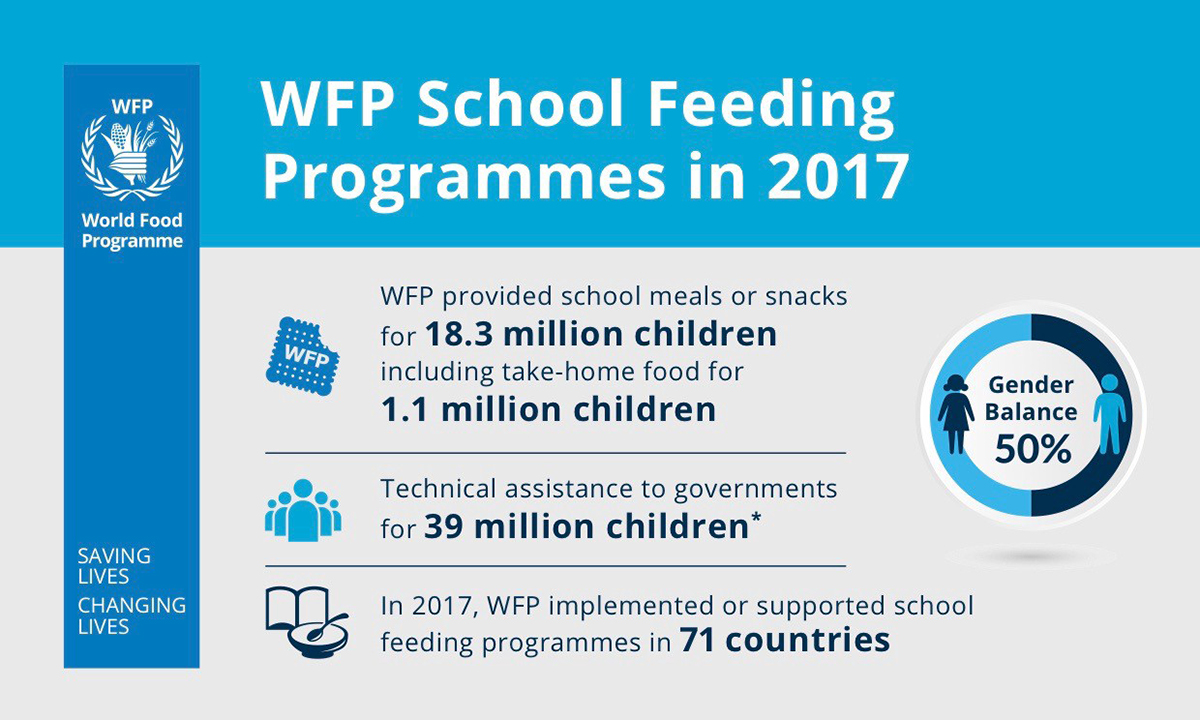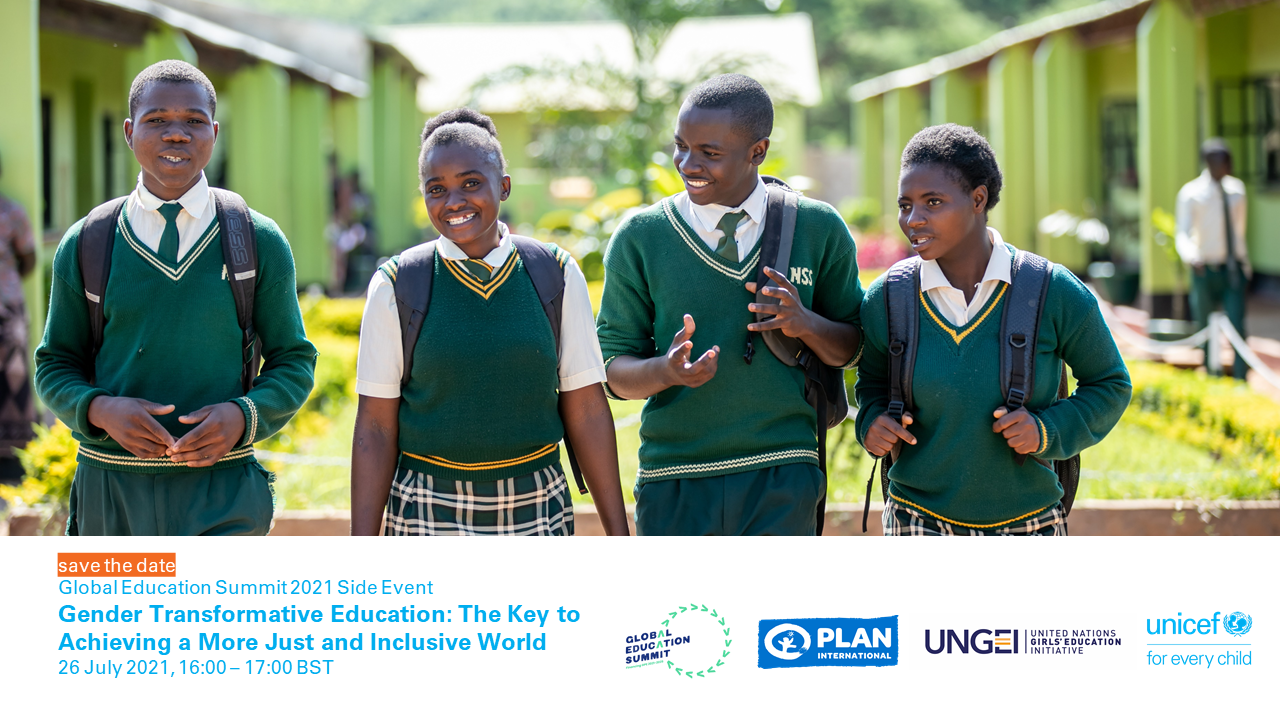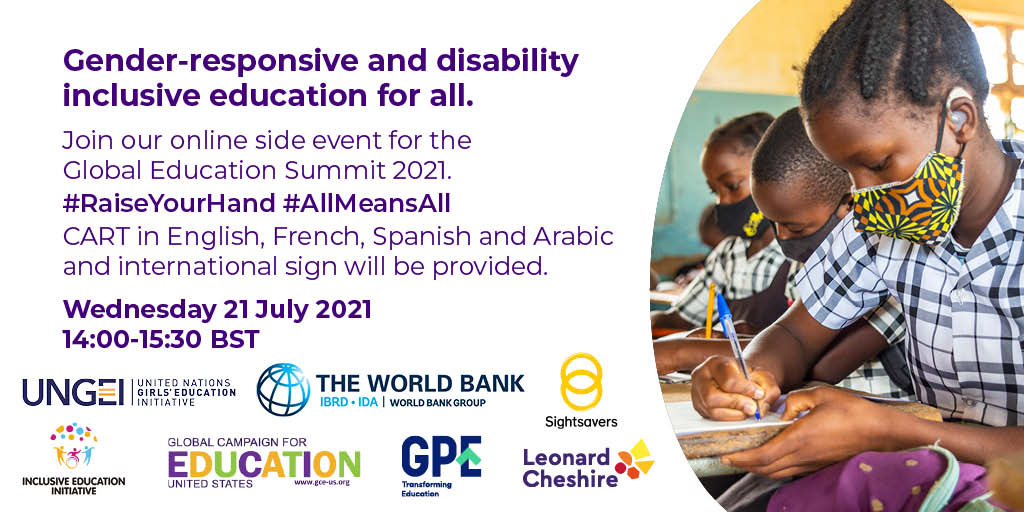Nearly every child in school this fall will be an adult in 2030. What happens to them now, at this critical time in their lives, determines how well they and their countries are prepared to meet the challenges of the world they will inherit. When we improve the health and nutrition of schoolchildren, we transform the rest of their lives. Children who are well-nourished learn more, and as adults they earn more and are more productive. That transformation carries through to the next generation with the improved health of their own children, creating a long-term cycle of economic growth and progress.
As we know, girls world over struggle more than boys for access to education; one in every ten girls in the world is out of school. Yet there is a direct correlation between girls staying longer in school and reduced rates of early marriage and pregnancy. Higher attendance of girls can boost their earnings by up to 9% per year of additional schooling, and proper nourishment during childhood sets them up for longer lasting nutritional health.
School feeding programmes have the potential to change girls’ future realities. School meals can increase enrolment by up to 9% and attendance by up to 8%. In Mali, a recent impact evaluation of school feeding programmes confirmed a 10% higher chance of children being in school. The programme also reduced the number of girls forced into child labour. On-site meals, especially when fortified or supplemented, can reduce the prevalence of anaemia by up to 20% in girls.
An investment in school feeding is an investment in the future of girls all over the world; and World Food Day acts as a reminder to us that, although so much impactful work is being done, we still have much more to do.

And so what are we doing? WFP is scaling up its programmes and technical support to governments, using school feeding operations as platforms for reaching girls, and supporting their specific needs. Moving forward, WFP will also focus much more on support to adolescent girls; providing enriched foods to supply them with necessary nutrients, as well as working with partners to facilitate their access to health services and counselling.
To achieve this, WFP is calling on governments and donors, private and humanitarian partners, to form a global coalition on school feeding — because it’s only by working together that we can help these girls reach their full.


